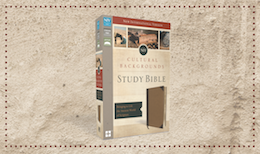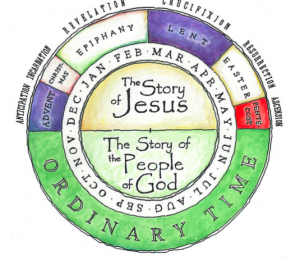Reading Out of Love for Others
Reading is a solitary pursuit. You grab your book, you kick back on the couch, and the hours roll by. But even though reading is a solitary pursuit, it is not necessarily a selfish one. Reading can actually be an important way to love others. Here are five ways to love others in your reading.
Read to Grow
You can love others by reading books meant to address flaws in your character or conduct. The husband who reads Dave Harvey’s When Sinners Say “I Do” is reading to better love his wife. The wo..










